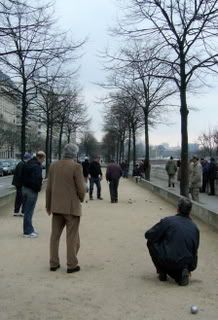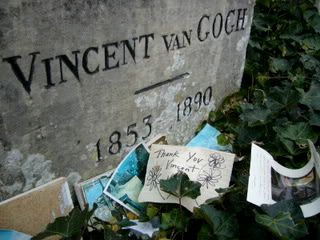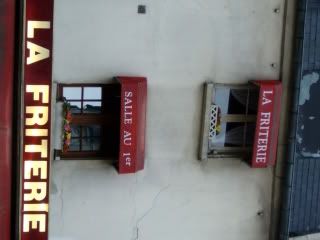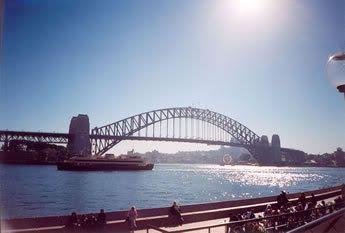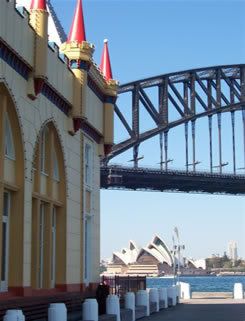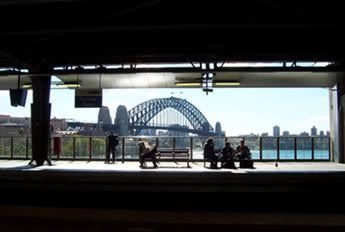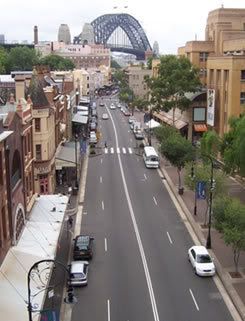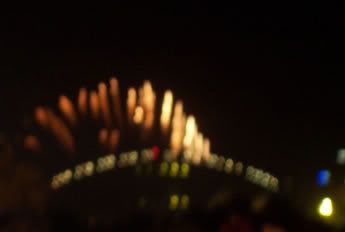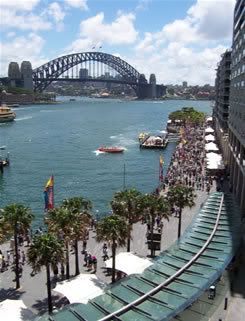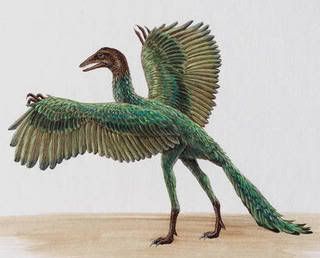
What's in a saying? Yesterday I had cause to think about 'The early bird catches the worm', and what it means. Phrases.org ('you'll probably find something here to interest you!') list the meaning of that particular nugget as "Success comes to those who preapre [sic] well and put in effort." Like putting effort into spelling, perhaps? They attribute the birth of this adage to John Ray's Collection of English Proverbs, written in 1670. I wonder how John came up with his saying - presumably he was sitting in his post-Elizabethan kitchen munching on some precursor of the crunchy nut cornflake and watching the blackbirds in his garden. Those that flapped down late from the surrounding trees missed out on their wriggly breakfast compared to the first few individuals. Dropping the bowl into the sink, the next addition to his new book of proverbs hit him "Yes! I have another - the bird that arriveth late to said party, misseth outeth on yonder Oligochaete bounty! Hussah!"
So Phrases.org seem to impy the saying means if you preapre - or prepare - in advance, plan carefully, you'll come up trumps in the end (itself an entry in the phrase database of course, derived from an old card game called triumph, apparently). Anyway, these days, the 'early bird catches the worm' has almost universally become applicable to things happening to those who arrive first, or get up the earliest - a la the blackbirds in John Ray's garden. Sales, special offers, competitions - these all offer incentives for those of us who can summon up the energy to crawl from our beds before sunrise. Of course, if you live in Scotland and get up before noon, you usually get up in the dark anyway. One rather amusing irony in me considering this phrase is that for a while I actually had to catch worms, as I was studying their numbers in various eastern English estuaries. So I can unequivocally answer that the early student doesn't catch the worm, as I was in bed with a hangover and went in the afternoons.
So why was I thinking about this particular phrase yesterday? Probably because I was busy thumping the alarm clock as is bleeped maniacally at 4:15am, rousing me from dreaming about Rovers winning the FA Cup. I had a meeting to attend in London, so needed to catch a 6:30 flight to the other capital, in order to be at Guy's Hospital for 10am. When you have to get up that early, there's a sense of disbelief when the alarm sounds, as you can't quite imagine it's that time already. But my clock is made by Oregon Scientific, so it must have been right (anything with the word 'scientific' in or on it has to be believed, surely?). By the way, looking at their website, surprisingly it pictures their products used by fit and healthy-looking model types studying, working out or otherwise bettering themselves - no pictures of bleary-eyed northerners punting their products across the room for forcing them out of bed in the middle of the night.
So, here I am in London. Only four days after mooching about on the Paris Metro, it's the Tube this time. The flight was fine after my early start - I'm not sure I caught any worms, but I learned some more interesting stuff about cancer. And besides, I've caught tens of thousands of worms in my life, I reckon I shouldn't disturb them any more than is necessary. One thing that amazed me was how busy Edinburgh airport was at 5am - long queues for all the flights connecting with other UK cities, people going to meetings or catching onward flights. A party of Egyptians in front of us in the queue had all kinds of luggage problems - how do you decide what to remove when the check-in desk lady curtly instructs you to take 2kg out of your suitcase? We got our boarding cards and walked past him, furtively rooting about in his luggage for things he didn't need back in Cairo, armed policemen eyeing him suspiciously.
The upshot of my Early Bird activity was by about 2pm I was seriously flagging - but of course as my boss reads this, I was still highly alert and motivated, taking copious notes and thinking of piercing questions to ask. By the time I got to my Grandparents in north London, I was just about done. After one of my Grandad's special pie and sausage combos, that was it. I went to bed and slept for almost twelve hours, as the worms of this part of the city rooted about in the ground, safe in the knowledge that I was coming nowhere near them...
